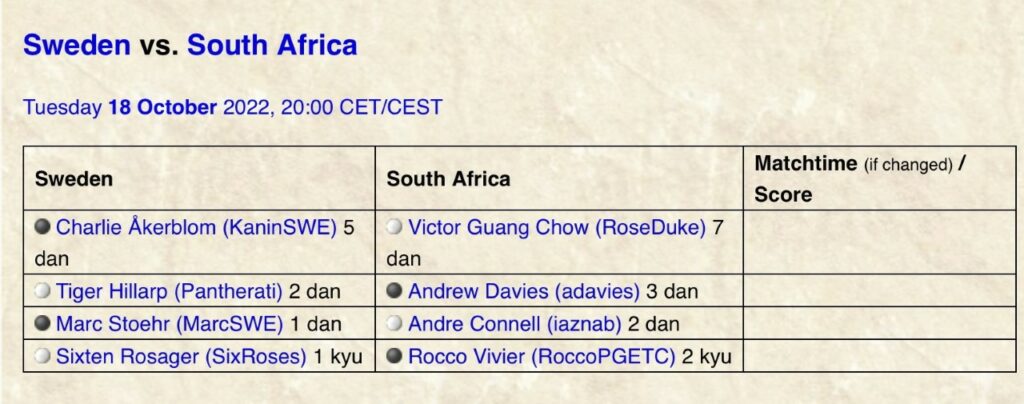I have tried to not be involved in the conflict that arose in the chess world due to Magnus Carlsen’s decision to pull out of the Sinquefield Cup this year. With Magnus giving so little explanation for his behaviour, I feel the shadow fell squarely into his corner. Hans Niemann was accused of cheating without a shred of credible evidence. And the way the accusation was put forth, made things even worse. Whatever the hidden facts Magnus implies being part to, this is not the right way to act. It is, however, the wrong way. He makes a terrible example for all his young fans. I am appalled by this.
That is one side. The other is that Hans Niemann has cheated in the past, and that his attitude towards winning suggests that he finds the possible punishment for cheating the main reason for not doing it. Short version: he does not come across as very sympathetic, and I would have understood if Carlsen had said that he did not want to play in a tournament against him. Because, cheating is a real threat to competitive chess, and professional players fight every day against the notion that this is something normal; something that happens on a regular basis. They fight it not only in public, but also in their minds. It is an easy road to take, to become suspicious of your opponents, and when you open that door, there are a thousand things that trigger your suspicion. There have been times when I left the breakfast table I shared with other grandmasters, due to the uncritical circulation of unfounded rumours of cheating. Although such idle talk is not as bad as cheating itself, I believe it paves the way for more cheaters. We risk ending up in a situation similar to the one the competitive cycling world found themselves in a few years back; where cheating became normal at the top, since many of the elite cyclists considered it to be normal and thought they would be unable to win unless they cheated too. (I am aware that this is a somewhat simplified version of the facts.) It is very hard to prove that someone cheats in chess (if they do not get too greedy), and banning those that do cheat is one of the few things we can do to discourage potential cheaters from not doing it. Still, there are also disadvantages to hard punishments, especially for youngsters who might be derailed for life almost before it began. I do not want that.
So, I too have my doubts about Hans Niemann, though my doubts have not become more serious after what Magnus said. That would be wrong. Niemann admitted to cheating as a teenager. Compared to me he is a kid, and there must be a place for change, growth and redemption for young people. I believe what he did was serious; perhaps more serious than he himself believes. I think it is wrong though refuse him a second chance based on a hunch, even if the hunch comes from a World Champion. (He insinuates that he knows something more, but his arguments are clearly hunches). New evidence could change the way we look at things, but it will not change my opinion of how Carlsen dealt with it.
Being true to my idol, Egon Friedell, who advocated being paradoxical, I will end with a game by the GOAT himself. At this moment in history, I clearly prefer his games over his statements.

